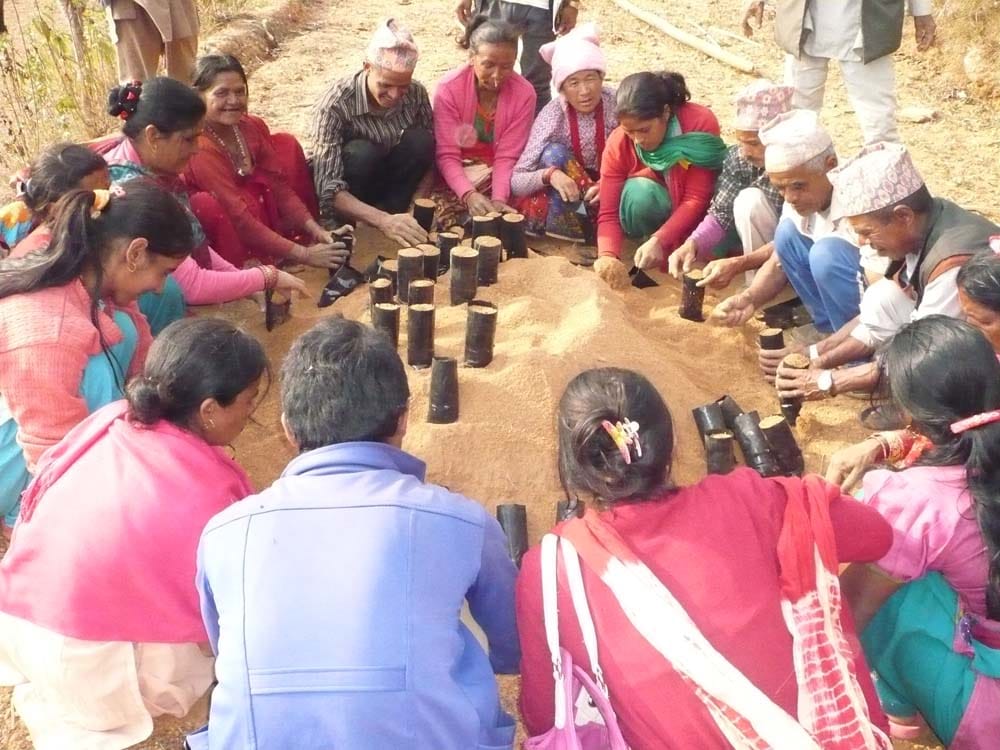
What has ViN achieved in Environment Conservation Program by now?
Permaculture for Sustainable Food Production
Water Resource Management
T. Beneficiaries
Agroforestry
Stop Climate Change
Waste Management Campaign
Environment research
What is the Environment Conservation Program?
Environmental sustainability and protection are of global concern in today’s Environment Conservation Program. Starting in 1992, climate change became an issue of considerable concern for Nepal. Global circulation models predict that the average temperature in Nepal will increase by between 0.5ºC and 2ºC by 2030. This will have widespread implications for Nepal, causing impacts on water availability, agricultural production, and forestry, among many other detrimental effects. However, given the high rate of poverty in the country, available funds are targeted to rebuilding the economy and infrastructure, while costly adaptations to climate change is not prioritized.
Nepal’s water resources continue to be depleted. According to the Department of Water Supply and Sewerage in Nepal, even though 80% of the total population has access to drinking water, it is not safe for human consumption. Many rural people have to depend on small rivulets spending hours carrying water on their backs. Industry, agriculture, and an increasing population are all in competition for Nepal’s precious water resources.
Waste management is one of the key challenges of uncontrolled urbanization in Nepal. Many urban areas in Nepal face challenges in receiving basic services such as clean water supply, wastewater treatment and solid waste management. Concerning solid waste management, 66 percent of household waste is organic material, and, less than 30% of households are practicing segregation of waste and composting using customary approaches. It is estimated that about 90% of the waste produced in Kathmandu could be recycled.

Nepal possesses a phenomenal landscape, from the flatland to the tallest mountains in the world. Its diverse geography and climate support significant biodiversity and the country is rich in natural resources, as well as having significant hydropower potential. However, while Nepal is largely dependent upon traditional and labor-intensive agricultural practices, soil remains subject to erosion, forests are destroyed and landslides pervade. The current yield from traditional agricultural practices is not enough to feed the growing population. Without intervention and positive leadership, Nepal’s people remain ignorant of environmental issues.
The goal of the Environment Conservation Program is to conserve promote and protect the natural environment as well as the country’s historical & cultural heritage for future generations. The Program aims to achieve this by raising awareness of environmental issues in the rural, underprivileged communities of Nepal, and by promoting sustainable agricultural, forestry, water, and waste management practices. Our goals are aligned with the UN Sustainable Development Goals (SDGs).
How does VIN promote the Environment and Conservation Program?
VIN has been implementing the following projects to promote environmental and Conservation initiatives in marginalized areas of Nepal.
- Permaculture: Our goal of the Permaculture project is to ensure the practice of sustainable farming and sustainable food production. The methods and systems we use in food production are non-polluting, conserve non-renewable energy and natural resources, are economically efficient, safe for workers, communities, and consumers, and do not compromise the needs of future generations. Permaculture also helps recharge groundwater and is beneficial for the whole ecosystem. There are several sustainable agriculture practices in the Permaculture method such as:
- Rotating crops and embracing diversity;
- planting cover crops, reducing plowing;
- applying integrated pest management (IPM);
- integrating livestock and crops;
- managing whole systems and landscapes;
- adopting agroforestry practices.
-

VIN Volunteers assisting local farmers with the construction of permaculture farm beds Agroforestry: The goal of the Agroforestry Project is to ensure maximum benefits for farmers by combining agriculture and forestry. By mixing trees or shrubs into their farming system, farmers can provide shade and shelter to protect plants, animals, and water resources, while also potentially generating additional income. Farmers can also save time in collecting fodder for their livestock and wood for cooking, and/or can make additional money by selling these products. In our landscape, Agroforestry is a great idea to minimize soil erosions and landslides.
- Agro Farming: Environmental sustainability in agriculture means taking good care of the natural systems and resources that farms rely on. Among other things, this involves: building and maintaining healthy soil; managing water wisely; minimizing air, water, and climate pollution; and promoting biodiversity. We help preserve traditional farming techniques by empowering local farmers. VIN’s Agro farm project works alongside Nepali farmers to teach and empower them to incorporate new farming techniques while encouraging them to use organic methods.
- Water Research: Our Water Research Project deals with multiple facets of water. The goal of the project is to conduct research on water-related issues such as the availability of water throughout the year; competing uses, and potential conflict over water and waste-water and sanitation problems, in order to implement appropriate Water Resource Management programs. The research result will help communities learn if the water is drinkable. The project also advises communities on ways to recharge groundwater.
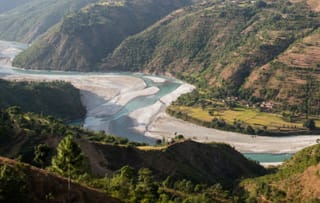
- Climate Action: Global warming has caused climate change. As a Himalayan country, Nepal has been badly impacted by climate change. Snow and water sources have been decreasing day by day. So, the goal of this project is to carry out climate change research involving rural community stakeholders; recommend solutions to mitigate the reverse impact and conduct awareness education.
- Waste Management: The goal of Waste Management is to prevent and control water, land and air pollution via proper management of waste at the household level. We encourage every household in our community to segregate biodegradable and non-biodegradable waste products and to convert biodegradable waste into organic matter to be used in farming. We promote the idea of reducing, reuse and recycle.
- Preserve cultural and historical heritages: The project idea is to conserve cultural and historical heritage like temples, stupas, durbar, instruments, and festivals. They keep integrity and shape values, beliefs, and aspirations from generation to generation. It is believed that the retention of heritage buildings has environmental sustainability benefits. Conserving heritage buildings reduces energy usage associated with demolition, waste disposal, and new construction, and promotes sustainable development by conserving the embodied energy in the existing buildings.

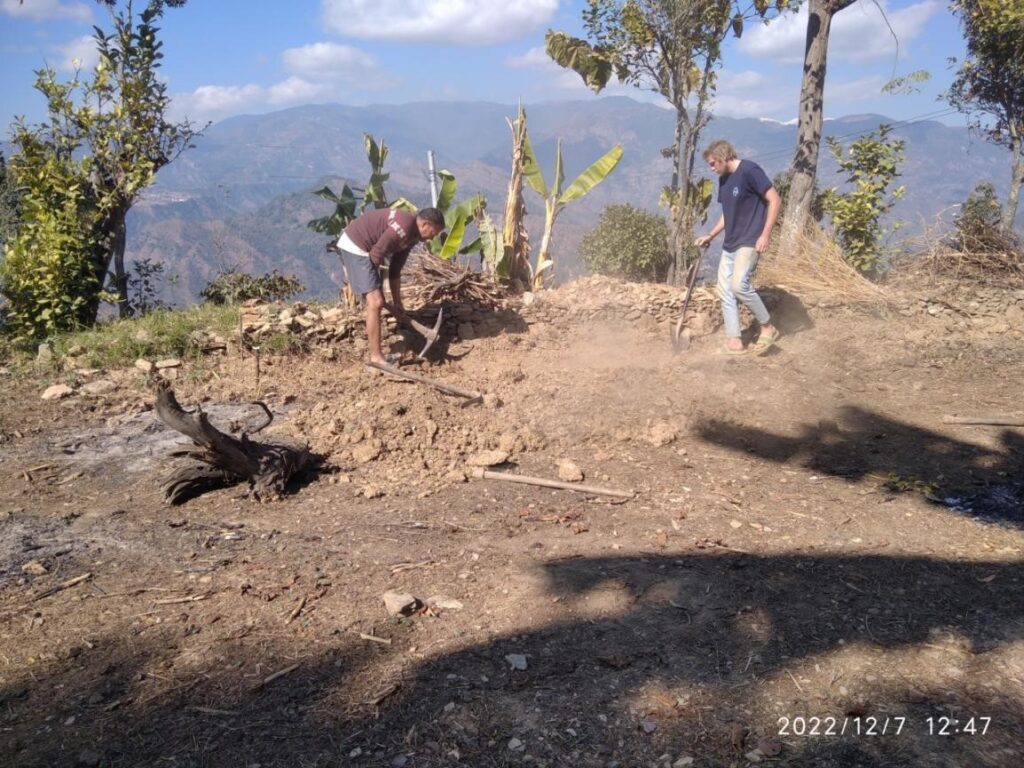
 Intern
Intern Donate
Donate Sponsor a child
Sponsor a child Partner
Partner Promote
Promote Fundraise
Fundraise Fellowships and staff exchanges
Fellowships and staff exchanges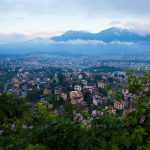

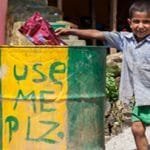
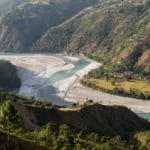
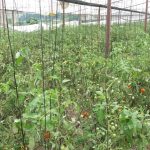
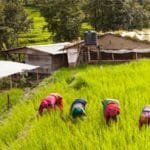
 Member of
Member of